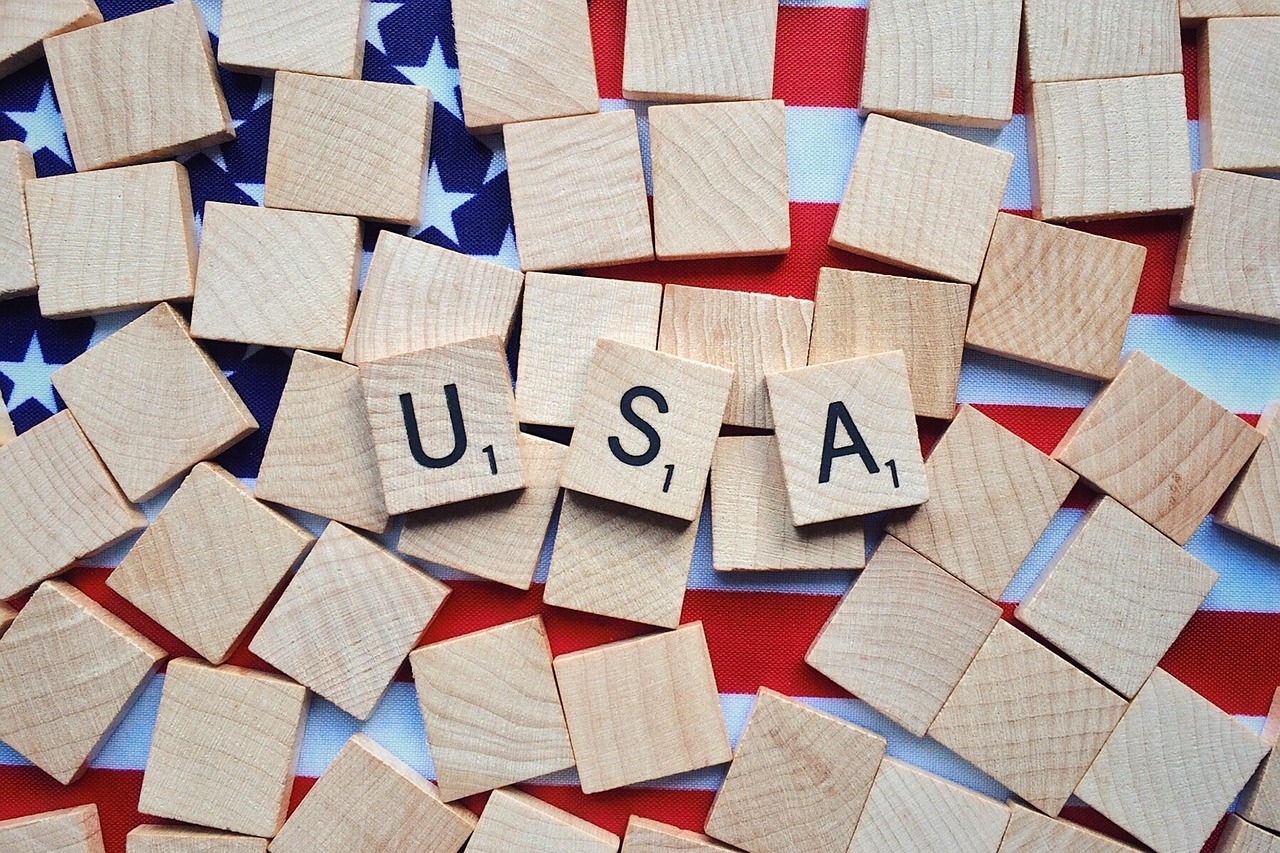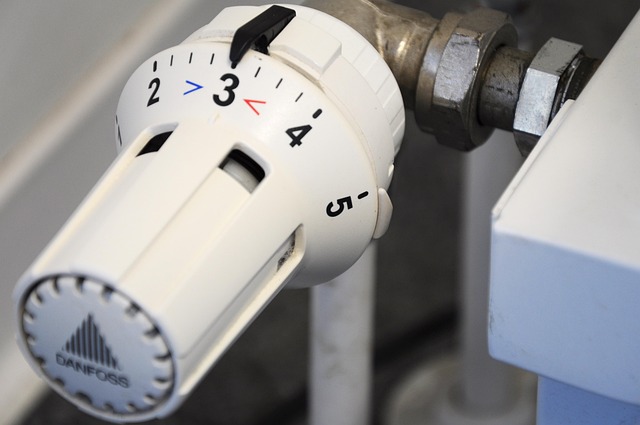The Role of Judicial Review in Shaping American Democracy
In the early days of the United States, the framers of the Constitution were faced with the challenge of creating a government system that balanced the powers of its three branches - the executive, legislative, and judiciary. The concept of judicial review emerged as a key mechanism to maintain this balance. This power, vested in the judiciary, allows courts to examine and invalidate laws and governmental actions that are found to conflict with the Constitution. The foundation for judicial review was laid in 1803, with the landmark case of Marbury v. Madison, where Chief Justice John Marshall established the judiciary's authority to review and nullify unconstitutional laws.

The Evolution and Impact of Judicial Review
Over the past two centuries, judicial review has played a significant role in shaping American democracy. By acting as a check on the powers of the executive and legislative branches, the judiciary has helped prevent the abuse of power and protect individual rights. For instance, in the 1954 case of Brown v. Board of Education, the Supreme Court used its power of judicial review to strike down segregation laws, marking a turning point in the fight against racial discrimination.
Current Developments in Judicial Review
Today, judicial review remains a hotly debated topic. Some argue that it provides the judiciary with too much power, allowing it to override the decisions of democratically elected representatives. Others defend it as a necessary safeguard against unconstitutional actions. Recently, the Supreme Court’s use of judicial review to uphold the Affordable Care Act has sparked fresh discussions on the role and limitations of this power.
The Implications of Judicial Review
The power of judicial review has far-reaching implications for society. It allows the judiciary to shape policy and influence social change. However, it also raises questions about the balance of power in government and the potential for judicial activism. As such, understanding judicial review is critical for anyone interested in the workings of American democracy.
The Future of Judicial Review
Looking ahead, the future of judicial review will likely continue to be shaped by shifts in political and societal landscapes. As new legal and constitutional challenges arise, the power of judicial review will remain a crucial tool for the judiciary to uphold the Constitution and preserve the democratic values upon which the United States was built.
In conclusion, judicial review plays an essential role in maintaining the checks and balances of the American government system. It has shaped significant historical, legal, and societal changes and will continue to influence the trajectory of American democracy. While it is a complex and often controversial concept, understanding judicial review is crucial for any informed citizen.




